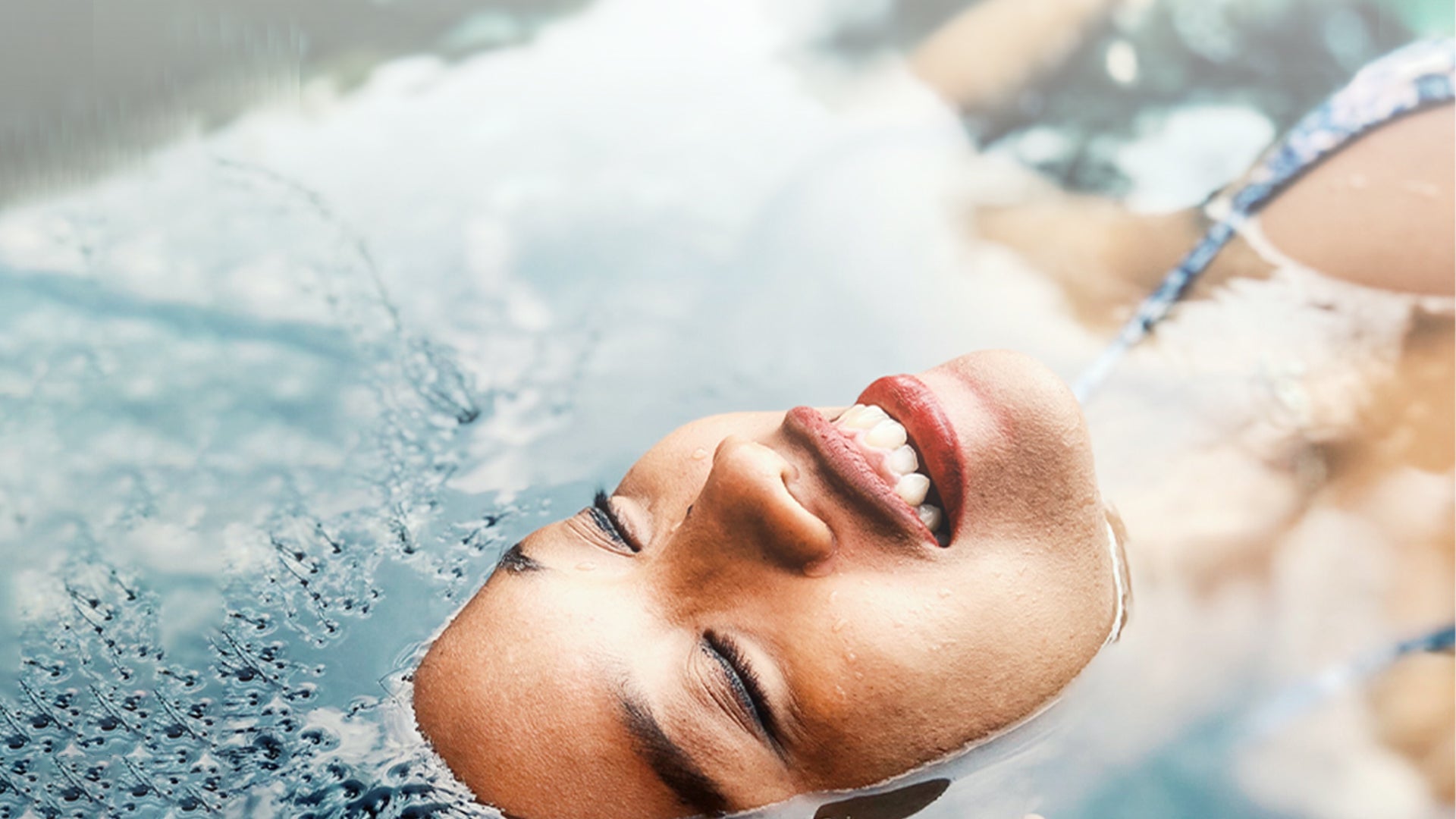
Healthy aging - 6 tips to stay fit and healthy as you age
When we look at ourselves in the mirror every morning, we often don't notice any difference from the way we looked the day before. However, when we compare ourselves with old photos, the changes become strikingly clear.
Unfortunately, it is not only our appearance that changes with age, but also other accompanying symptoms such as more pain, a declining memory and less resilience and vitality go hand in hand with the ageing process.
No matter how old you are or what age-related complaints you notice, we all have to accept that we are getting older and learn to adjust to it.
The question we should be asking ourselves is: what is the best way to live a healthy and happy life as we age? Fortunately, many of us today don't have to age the way our parents or grandparents did. With advances in medical care, better access to information about what is truly healthy, and a greater awareness of the benefits of supplements, we have more tools at our disposal to overcome the challenges of aging.
This is why more and more people are managing to maintain a fit and youthful appearance into old age. In his book “Healthy Ageing: A Lifelong Guide to Your Well-Being”, Dr. Andrew Weil, a renowned American doctor and advocate of alternative medicine, gives 12 tips that anyone can follow to age healthily.
Below, we will explore 6 of these tips to help you stay fit and healthy as you grow older.
1. Pay Attention to an Anti-Inflammatory Diet
If you want to stay healthy in old age, it is important to pay attention to your diet. A diet that prevents inflammation and reduces the risk of age-related diseases is highly recommended. Your diet should include plenty of fresh vegetables, fruit, fish and nuts. Avoid foods that promote inflammation, such as sugar, white flour, meat and trans fats. Processed foods and ready meals should also be kept to a minimum.
You should also watch your calorie intake and include a balance of carbohydrates, fats and proteins in your meals. A diet rich in anti-inflammatory foods can help maintain energy levels and combat the effects of ageing.
2. Use Nutritional Supplements
To ensure that your body is supplied with all the necessary vitamins and minerals, you should consider taking supplements. Vitamin D supplements are particularly useful as they play an important role in maintaining energy levels and combating winter fatigue. Additionally, taking curcumin and omega-3 fatty acids is recommended.
Turmeric, which has been used in Ayurveda for centuries, contains the active ingredient curcumin, which has a positive effect on ageing, primarily due to its anti-inflammatory properties. With increasing age, cellular senescence occurs in which the cells no longer divide, which accelerates the ageing process.
Curcumin helps to delay cellular senescence and promotes longevity. Omega-3 is another important supplement that supports brain, eye and heart function, which is crucial for healthy ageing.
If you don't regularly eat oily fish, supplements can ensure you're getting enough omega-3 fatty acids. At Aavalabs, we have developed products such as our Curcumin Complex, which contains natural black pepper extract to improve absorption, and high-quality concentrated omega-3 fish oil to support a healthy lifestyle.
3. Move Regularly
As the saying goes: “A rolling stone gathers no moss.” Regular physical activity has been proven to promote health in old age and improve both physical and mental well-being.
Regular exercise improves coordination, mobility and balance, which significantly counteracts age-related limitations and illnesses. It is not necessary to be a top athlete; the most important thing is that you enjoy exercise. Endurance training such as walking, cycling or running for 30 minutes at least two to five days a week is highly recommended.
Strength training should also be incorporated to regularly activate the relevant muscle groups. Sports that promote mobility and balance are also beneficial. Even small changes, such as taking the stairs instead of the elevator, can have a significant impact on your health.
4. Get Enough Rest and Sleep
As we age, our sleeping habits often change, which can affect our overall health. Good sleep is crucial for healthy ageing, no matter how old you are. Sleep allows our bodies and minds to rest and rejuvenate after a long day.
According to the National Sleep Foundation, people over the age of 65 should aim for seven to eight hours of sleep per night.
Quality sleep supports your metabolism, your immune system and your general well-being and helps to mitigate the effects of ageing.
5. Learn to Cope with Stress
Studies show that prolonged stress has a negative impact on life expectancy. Good stress management is crucial for a longer and healthier life.
Chronic stress can increase your biological age beyond the number of years lived, which is why effective stress management is crucial. To better manage stress, you should first identify the sources of stress in your life.
Once you have identified them, you should eliminate unnecessary stressors. Learn to say “no” when necessary and avoid people or situations that cause excessive stress.
By managing stress effectively, you can protect your energy levels and promote your overall health as you age.
6. Train Your Mind as Well as Your Body
In addition to physical exercise, it is important to exercise your mind regularly. Activities such as crossword puzzles, learning new languages, meditation and reading are great ways to keep your brain fit.
Genetics does play a role in healthy ageing, but lifestyle choices have a big impact on non-genetic factors. By eating a healthy diet, staying active and sleeping well, you can positively influence your ageing.
Thrive as You Age
Ageing is inevitable, but we can influence how we age.
By eating a healthy diet, getting enough vitamins and minerals such as vitamin D, exercising and managing stress effectively, you can lead a healthier and more vibrant life as you get older.
What are you doing to age healthily?




